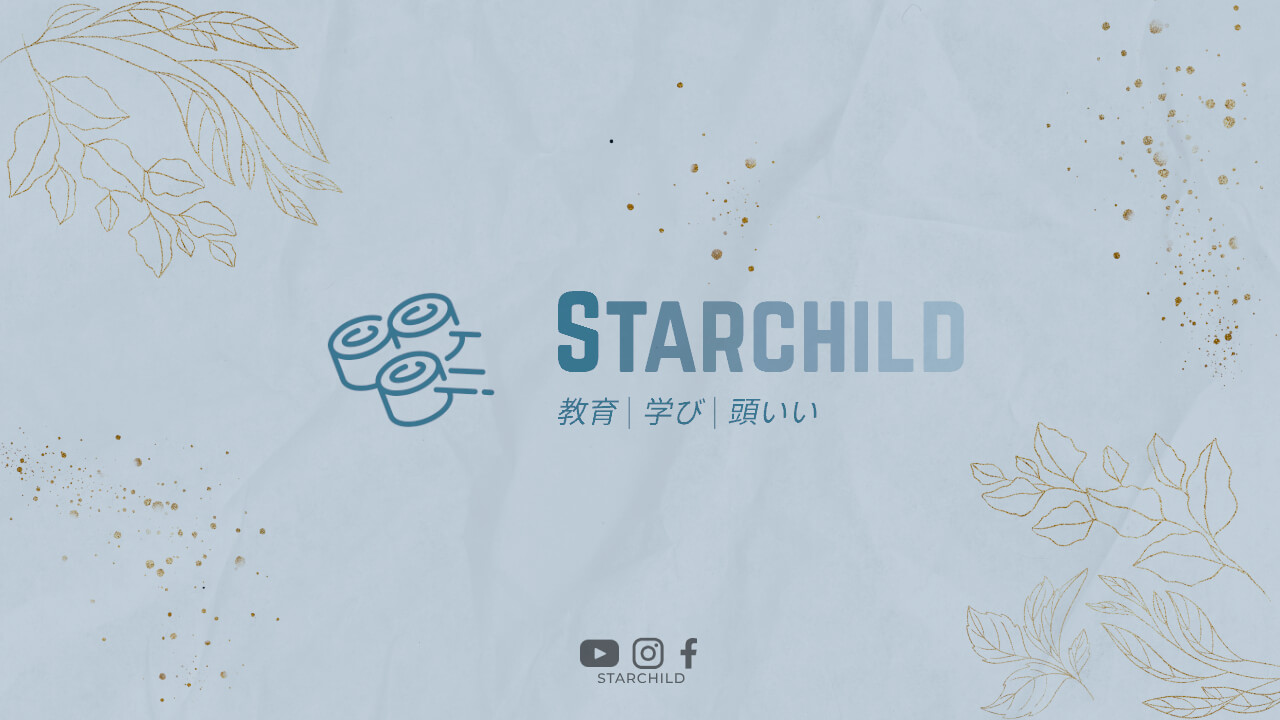As you go about your day in Japan, you may hear the phrase “Have a nice day. って言うじゃないですか” quite often. This phrase is a common greeting in Japan and is used to wish someone a good day. In this article, we will explore the meaning and usage of this phrase in Japanese culture.
What Does “Have a Nice Day. って言うじゃないですか” Mean?
“Have a nice day. って言うじゃないですか” is a direct translation of the English phrase “Have a nice day.” The Japanese phrase is made up of four parts:
- “Have” – “atte” (あって)
- “a nice day” – “ii hi” (いい日)
- “って言う” – “tte iu” (って言う)
- “じゃないですか” – “janai desu ka” (じゃないですか)
When translated literally, the phrase means “It’s said to have a nice day, isn’t it?”
Usage of “Have a Nice Day. って言うじゃないですか”
The phrase “Have a nice day. って言うじゃないですか” is commonly used in Japan as a way of greeting someone. It can be used in a variety of settings, such as when entering a store or restaurant, when leaving a meeting, or when saying goodbye to friends or family.
It is important to note that the phrase is often used as a formality and may not always reflect the true feelings of the speaker. This is because Japanese culture places a strong emphasis on politeness and maintaining harmonious relationships with others.
Other Ways to Wish Someone a Good Day in Japanese
While “Have a nice day. って言うじゃないですか” is a common way to wish someone a good day in Japan, there are other phrases that can be used as well. Here are a few examples:
- “Otsukaresama desu” (お疲れ様です) – This phrase is used to acknowledge someone’s hard work and can be used to wish someone a good day.
- “Ittekimasu” (行ってきます) – This phrase is used when leaving the house or workplace and can be used to wish someone a safe and productive day.
- “Ganbatte kudasai” (頑張ってください) – This phrase is used to encourage someone to do their best and can be used to wish someone a successful day.
The Importance of Politeness in Japanese Culture
As mentioned earlier, the phrase “Have a nice day. って言うじゃないですか” is often used as a formality in Japanese culture. This is because politeness is highly valued in Japanese society and is seen as a way of maintaining harmonious relationships with others.
Politeness is reflected in many aspects of Japanese culture, such as language use, behavior, and etiquette. For example, the Japanese language has many different levels of politeness that are used depending on the social status and relationship between the speaker and the listener.
Conclusion
“Have a nice day. って言うじゃないですか” is a common greeting in Japan that is used to wish someone a good day. While it is often used as a formality, it reflects the importance of politeness and maintaining harmonious relationships in Japanese culture. By understanding the meaning and usage of this phrase, you can better navigate social interactions in Japan and show respect for Japanese culture.




